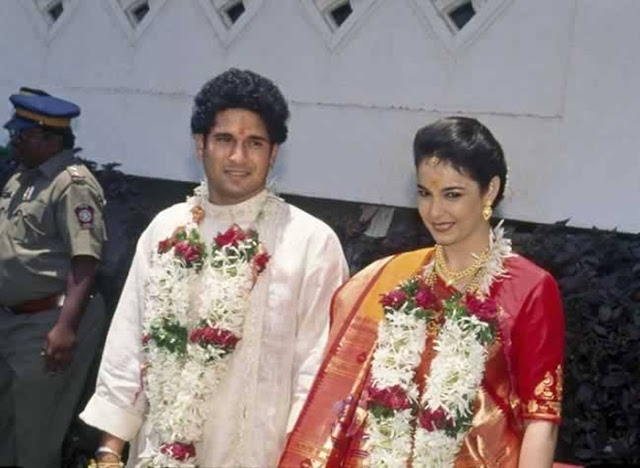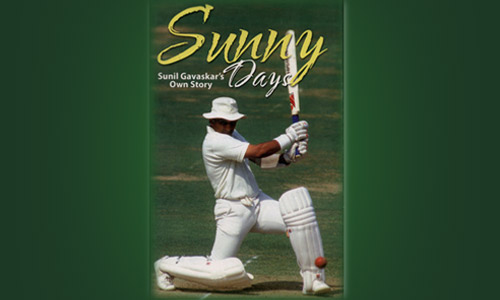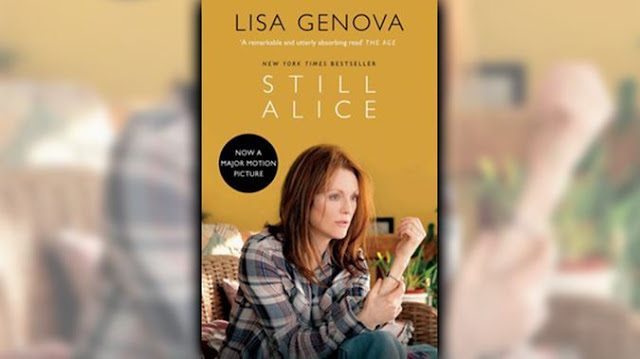Now that the year is coming to an end, I
would like to share the quotes from different books that had an effect on
me, made me think and just stayed with me in the year 2017. I have had this habit for years now - of noting down the book quotes that touch me in some way. These are my selected ten for this year, with
little notes on what I think of them.
1.) “My yesterdays are disappearing, and my tomorrows are
uncertain, so what do I live for? I live for each day. I live in the moment.
Some tomorrow soon, I'll forget that I stood before you and gave this speech.
But just because I'll forget it some tomorrow doesn't mean that I didn't live
every second of it today. I will forget today, but that doesn't mean that today
didn't matter.”
― Lisa Genova, Still Alice
Note: I remember as I was reading this, I felt a strange
sensation coursing through me. I wanted to shut the book down, get up and begin
applauding even as tears rolled down my cheeks. It was powerful. It was moving.
And it was inspiring.
2.) “I think there should be a rule that everyone in the world
should get a standing ovation at least once in their lives.”
― R.J. Palacio, Wonder
Note: I have repeated this quote in my mind so often in the past six months. It made me think. It made me look back at a few moments and people of my life. It made me think about my mother. I thought she deserved a standing ovation, too.
3.) “So Matilda’s strong young mind continued to grow, nurtured
by the voices of all those authors who had sent their books out into the world
like ships on the sea. These books gave Matilda a hopeful and comforting
message: You are not alone.”
― Roald Dahl, Matilda
Note: Ah, don’t all book lovers relate to these words? I certainly
do. The “you are not alone” bit stands so true for my childhood, as I am sure
it does for most of you here. My books were my companion in my childhood days.
And I remember sleeping with my favourite titles tucked under my pillow every
night. They made me feel safe. They made me feel not alone.
4.) “The mother in her believed that the love she had for her
daughter was safe from the
mayhem of her mind, because it lived in her heart.”
― Lisa Genova, Still Alice
Note: Again, words from this book that tore at my heart. Alice’s pain as a
mother was heartbreaking to witness in the story. And yet, these words gave me
hope. The love of a mother, after all, cannot be touched by any disease in the
world.
5.) “They had grown up to believe that the natural order of things was for
one’s home to be a place of freedom and space far removed from the complexities
and restrictions of human societies. We”
― Kobie Krüger, The Wilderness Family
Note: Kobie Kruger’s eighteen years with her family in the southern African wilderness is inspiring and enlightening. These are her proud words for doing a fine job as a mother trying to bring up three little children while being surrounded by wildlife. Ah. And how true! By being in the wilderness and among animals, her children learned the most valuable life lessons.
6.) "It’s not all random, if it really was all random, the
universe would abandon us completely. and the universe doesn't. It takes care
of its most fragile creations in ways we can't see. like with parents who adore
you blindly. And a big sister who feels guilty for being human over you. And a
little gravelly-voiced kid whose friends have left him over you. and even a
pink-haired girl who carries your picture in her wallet. Maybe it is a lottery,
but the universe makes it all even out in the end. The universe takes care of
all its birds.”
― R.J. Palacio, Wonder
Note: Of course, it’s fictional. But in this lonely little world,
these words kind of make me feel good. They make me believe, even if it’s ever
so little. Because it’s just nice to think that someone is watching over
us…Taking care of us…Isn't it?
7.) “The books transported her into new worlds and introduced
her to amazing people who lived exciting lives. She went on olden-day sailing
ships with Joseph Conrad. She went to Africa with Ernest Hemingway and to India
with Rudyard Kipling. She travelled all over the world while sitting in her
little room in an English village.”
― Roald Dahl, Matilda
Note: I guarantee that those of you who are reading this for the
first time will have an instant connect to it. After all, this is what connects
us most to the world of book, perhaps. The fact that they have the ability to
transport to so many new worlds.
8.) “So please, oh please, we beg, we pray,
Go throw your TV set away,
And in its place you can install
A lovely bookshelf on the wall.
Then fill the shelves with lots of books.”
― Roald Dahl, Charlie and the Chocolate Factory
Note: Ah… This poem (sung boisterously by the Oompa Loompas)
really stayed with me. I just felt that most of the words of this
thought-provoking poem stand true for the present generation of our smart-phone
obsessed children as well (as well as us).
9.) "On reaching the spot where the body had been devoured,
a dreadful spectacle presented itself. The ground all round was covered with
blood and morsels of flesh and bones, but the unfortunate jemadar's head had
been left intact, save for the holes made by the lion's tusks on seizing him,
and lay a short distance away from the other remains, the eyes staring wide
open with a startled, horrified look in them.”
- J.H. Patterson, The Man-eaters of Tsavo
Note: I can’t explain how these words affected me. I mean, they
aren’t exactly moving or inspiring. But they certainly held my attention. And I
never forgot them. It was disturbing, and at the same time, gripping to read
this. The legend of the man-eaters of Tsavo has really fascinated me since I
was a boy. And to finally have read that story in its rawest and truest form was
a chilling experience. This part, the most as they reflected the extent of
terror those two lions had managed to induce.
10.) “I don’t mean to imply that I value the life of a fish or a
bird the same way I value a human life, but their presence in the world has as
much validity as does our presence. Perhaps more: they were here first; they
are foundational to us. They take only what they need. They are compatible with
the life around them.”
― Carl Safina, Beyond Words: What Animals Think and Feel
Note: I have a deep love for animals
and have always believed that we humans do not deserve to stay in the same word
as they. Animals are pure, unlike us. “Beyond Words” is an exemplary
book that makes one empathize with animals and respect them much more. Often we
take them from granted, as a mere presence. But they are more than that. And
this quote reaffirms that belief.
Please do share your best book quotes of the year below.










